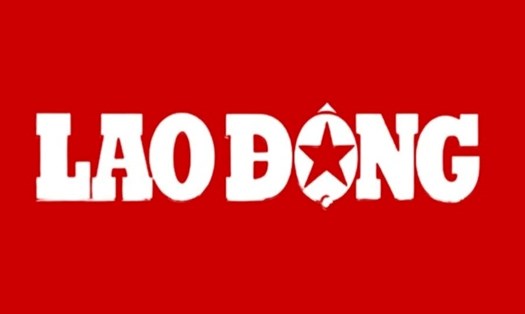Al Jazeera reported that at a press conference in Budapest on July 26, Hungarian Prime Minister Gergely Gulyas accused Ukraine of blackmailing Hungary and Slovakia by blocking Russian crude oil from crossing its territory.
On July 22, Hungary and Slovakia jointly initiated consultation procedures with the European Union (EU) against Ukraine in response to Kiev's decision to stop the transportation of crude oil by Russia's Lukoil oil company.
Mr. Gulyas said this poses a serious danger to the energy security of Hungary and Slovakia.
According to Mr. Gulyas, a solution must be found before September, otherwise Hungary will start to lack oil.
"One is that Ukraine admits that it cannot do this with two EU countries. Two is that the European Commission helps us, and three is that we find a legal loophole to transport oil without being affected by sanctions," Mr. Gulyas explained.
However, he reassured the public that there is no need to worry because Hungary's oil reserves are abundant.
Earlier last week, Slovakia and Hungary said they had stopped receiving oil from their main supplier Lukoil after Ukraine imposed a ban on oil transit from the Russian energy company through the country last month.
Hungary receives 2 million tons of oil from Russian companies each year, accounting for about a third of the country's total oil imports.
Slovakian Prime Minister Robert Fico alone said that Bratislava will not become a "hostage" in Russia-Ukraine relations.
Despite EU sanctions on Russia, Hungary and Slovakia - two landlocked countries - continue to receive Russian natural gas and oil via Ukraine.
In the context of Ukraine being able to block all Russian oil supplies via the Druzhba oil pipeline, three Russian oil companies have begun to redirect oil to seaports, the Daily News Hungary reported.
These companies could exploit a legal loophole to transport oil to Hungary and Slovakia via the Adriatic pipeline from Croatia. However, there is a problem: this pipeline has much more limited capacity than the needs of the two countries.
Tam Tam Pletser, an analyst at Erste Befektetesi Plc., told RTL News that "if supplies via the Druzhba pipeline stop, it would mean that in the short term, Hungary's MOL Group will fall into a difficult situation, as the Adriatic pipeline can provide oil from the sea, but cannot fully meet the needs of MOL's two refineries".
According to the Hungarian news agency (MTI), Slovakia has proposed a technical solution for Ukraine to restore oil supplies to refineries in Slovakia and Hungary, following warnings that partial closures could lead to fuel shortages as early as early as early as September.










